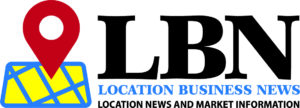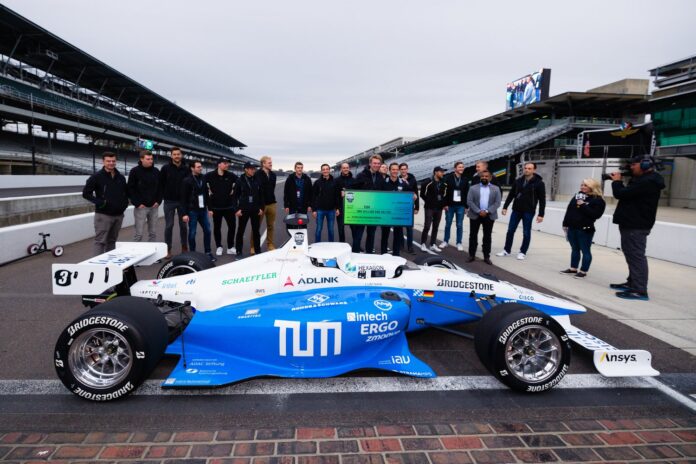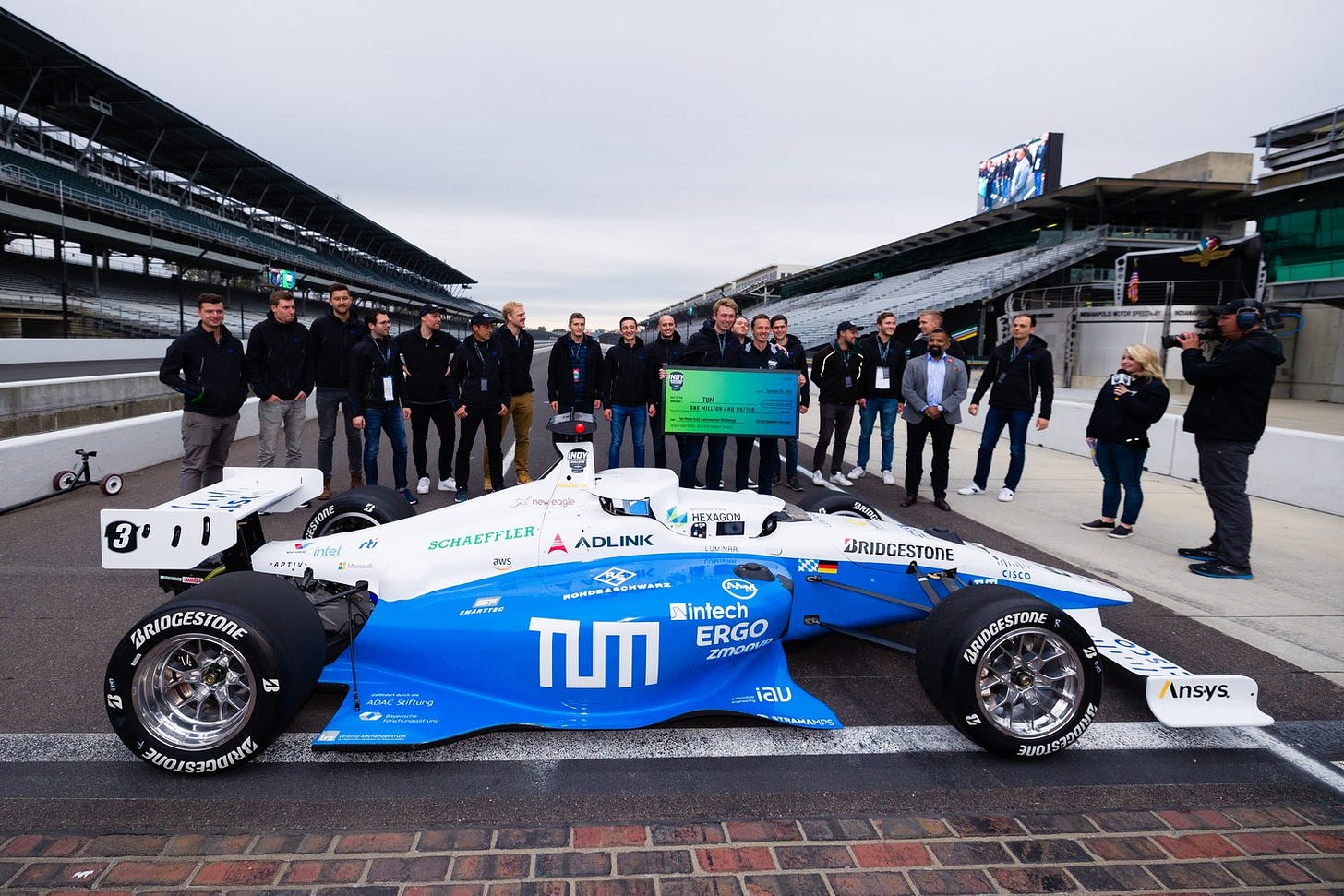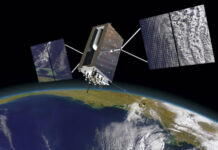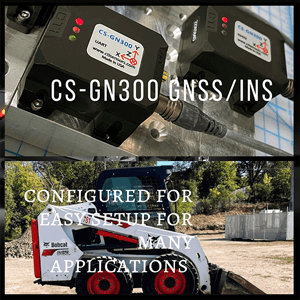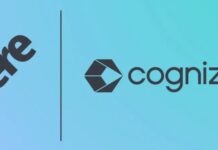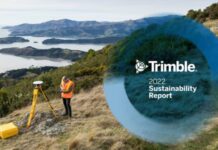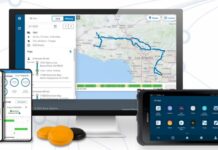Autonomous race cars reach high speeds, but competition highlights challenges of GPS outages in demanding environment
In a celebrated test two years in the making, Technical University of Munich (TUM) beat out eight other teams from 21 universities to win a $1 million grand prize Saturday at the Indy Autonomous Challenge. TUM’s vehicle recorded the fastest two-lap average speed of 135.944 mph to win the event.
Initially, the race was touted as a dozen or so autonomous vehicles racing next to each other, not unlike a regular car race. However, race organizers made adjustments to the rules when it was apparent that the cars were not at a point that showed a consistent level of performance, so each team raced its cars individually, said Paul Mitchell, Energy Systems Network president and CEO.
“I would say we are not disappointed in the level of technology developed—it’s monumental and record-breaking,” he said. “Can we expect a multi-car competition in the future? My answer is that these are multimillion-dollar cars and sponsors who do not believe this is a one and done event. We aren’t putting these cars in a museum or in a lab.”
Because the cars did not race next to each other on the famous track at the Indianapolis Motor Speedway, some racing reporters say that the only thing the race proved was that driverless cars can go fast. Which was the case with EuroRacing, a team made up of students from Italy, Switzerland and Poland, who recorded the fastest one-lap speed, 139.009 mph.
The autonomous racing software developed through the competition could assist in developing commercial self-driving vehicles and enhance existing advanced driver-assistance systems (ADAS) and cornerstone technologies include GNSS and digital maps.
A number of location companies sponsored and donated equipment to the competition, including AutonomouStuff and NovAtel, part of Hexagon’s Autonomy & Positioning division. Cisco Systems [CSCO] was the overall sponsor.
There were two crashes on the famed oval track, including a Dallara IL-15 racecar for the PoliMOVE team. The team believes the shutdown of a GPS tracker caused the crash.
The competition was inspired by the 2005 Defense Advanced Research Projects Agency (DARPA) Grand Challenge, which pitted university teams against each other and spurred commercial development of autonomous vehicles. It’s a comparison that Mitchell believes doesn’t tell the whole story. “We are doing it in higher speeds and closer quarters,” he said.
